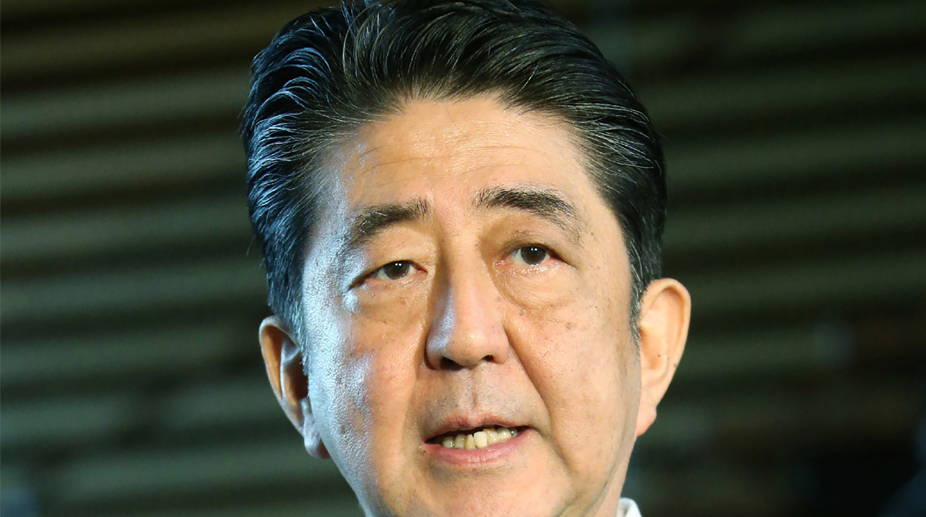Hundreds of candidates took to the streets today as the official 12-day campaigning period for Japan’s October 22 lower house election kicked off, with Prime Minister Shinzo Abe’s ruling party facing challenges from regrouped opposition forces.
Up for grabs are 465 seats in the more powerful of Japan’s two-chamber parliament.
Advertisement
Abe pledged his party’s stable leadership as he sought voters’ support, promising a tougher stance on North Korea, as well as social security reform to relieve burdens on younger generations in Japan’s rapidly aging society.
“We should stay unwavering,” Abe said. “It is the policies, rather than a boom or slogans, that can open the future.”
As he did ahead of previous elections since taking office in late 2012, Abe traveled to Fukushima to appeal to voters affected by the nuclear disaster following the 2011 earthquake and tsunami in northern Japan.
Experts say Abe timed his call for an election when opposition parties were unprepared to solidify his grip within the party and extend his rule.
Abe’s Liberal Democratic Party and its coalition partner, Komei, are expected to win a majority, though a surging new conservative group, the Party of Hope, led by Tokyo Gov.
Yuriko Koike, and a liberal-leaning Constitutional Democratic Party are likely to take some seats away.
The two new groups were created in the process of breaking up what used to be the main opposition Democratic Party.
Constitutional Democratic Party leader Yukio Edano said Abe’s nearly five years of pro-business policies have escalated Japan’s social divide.
“We must regain decent lives,” Edano said. “We are going to change politics into one that is based on the people’s voices, not one that comes down from up above.











